Regenesis
By George Monbiot (Penguin, 2022)
George Monbiot’s central contention in this disturbing and bracing book is that farming is slowly killing the planet. He calls it the “world’s major cause of ecological destruction.” In the first three chapters, Monbiot lays out how current farming approaches, on both the large and small scale, are destroying species, sterilizing topsoil, and polluting rivers.
The good news is that we already have access to an approach to food production that will feed the world and allow nature to rejuvenate. The bad news is that it will require a planetwide change in our agricultural practices, changes certain to meet resistance from those who profit from the status quo. The food giants that dominate the global market rely on the current system of mass farming of a limited variety of staples (corn, rice, beans) as well as on meat production practices that destroy ecosystems through the overuse of water and chemicals that pollute our rivers.
Monbiot argues that farmers need to let pests and predators return to their natural roles in their soil and among their crops so that land needn’t be partitioned for fallow periods or be dependent on chemical fertilizing. He devotes one chapter to profiling English farmer Iain Tolhurst, who pioneered his own system of “stockfree organic” on land that most governments wouldn’t classify as arable. Over the course of 12 months, Tolhurst harvested 120 tons of produce without pesticides, herbicides, mineral treatments, manure, or any other fertilizer.
Monbiot’s views are not without critics, yet he clearly sees the current systemic evils of food production that leave the poorest at the greatest disadvantage—as Pope Francis points out in Laudato Si’ (On Care for Our Common Home), when he deplores how agriculture is subject to the demands of capitalism rather than the needs of the planet and the world’s poorest communities.
—John Farrell
The Embodied Path
By Ellie Roscher (Broadleaf Books, 2022)
In The Embodied Path: Telling the Story of Your Body for Healing and Wholeness, author Ellie Roscher proposes that “embodied gratitude moves through the world differently than embodied bitterness.” However, that gratitude does not come without effort. It takes time to tell your body story, as Roscher calls it, even if you only tell it to yourself. Roscher admits that “some suffering we endure will never make sense. Yet, with time, we can choose to look back at our lives and craft stories that make meaning.”
Each chapter focuses on something different that bodies can do: break, connect, persevere, transform, overcome, remember, and transcend. For each category Roscher offers several compelling personal stories, one of her own and several from people she interviewed. At the end of each story are a few reflection questions. At the end of each chapter are more reflection questions, several writing prompts, a breathing exercise, and a body exercise to help you use the ideas from the chapter to tease out relevant threads from your own body story.
This book is useful when read alone, as I did, but I found myself wishing I was reading it with a group of trusted friends. The stories are helpful, but the book really shines in its interactive capability to help you tell your own story and live a more gratefully embodied life. The writing prompts are straightforward enough for nonwriters to engage. The breathing exercises are equally uncomplicated and clear. As someone with a fear of yoga and meditation, I dreaded the breathing exercises, but they are brief and calming. I did not do many of the body exercises as I was reading in a room full of people, but they are accessible and unfussy.
This book opened my eyes to my own body’s story. It would be ideal for a small book group.
—Marybeth Bishop
Briefly noted:
People Get Ready: Twelve Jesus-Haunted Misfits, Malcontents, and Dreamers in Pursuit of Justice
Edited by Peter Slade, Shea Tuttle, and Jacqueline A. Bussie (Eerdmans, 2023)
People Get Ready tells the stories of 12 modern “saints” who lived the gospel and advocated for the marginalized.
Preparing for War: The Extremist History of White Christian Nationalism—and What Comes Next
By Bradley Onishi (Broadleaf Books, 2023)
Religion scholar Onishi traces the history of white Christian nationalism and how it culminated in the January 6 insurrection at the U.S. Capitol.
Religions on Trial: A Lawyer Examines Buddhism, Hinduism, Islam, and More
By W. Mark Lanier (InterVarsity Press, 2023)
Trial lawyer Lanier cross-examines the claims made by the world’s major religions, explores the truths he finds in each, and assesses their livability.
This article also appears in the February 2023 issue of U.S. Catholic (Vol. 88, No. 2, page 39). Click here to subscribe to the magazine.


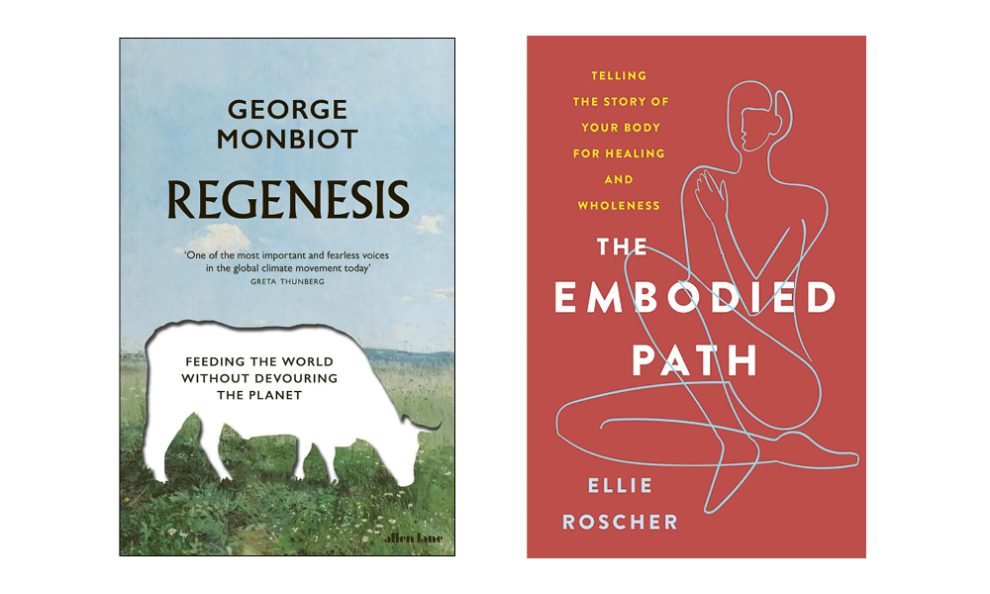
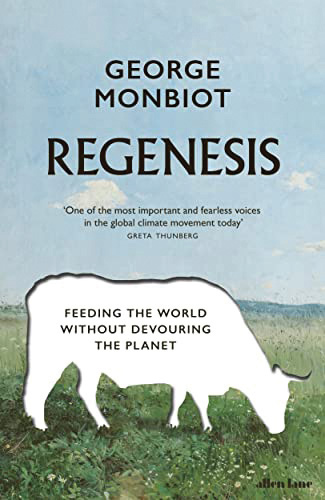
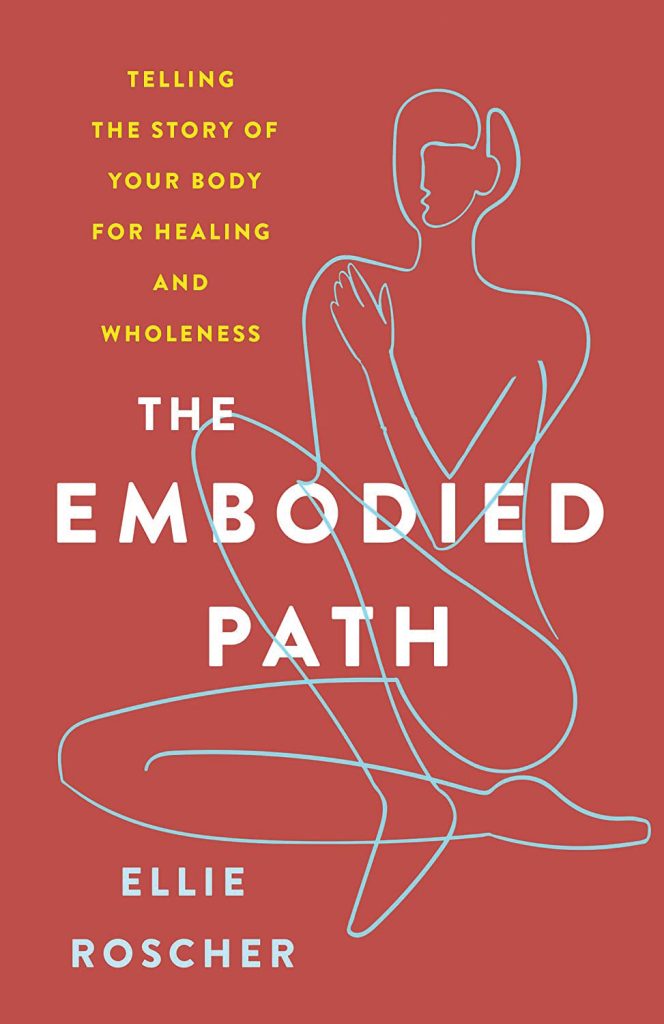
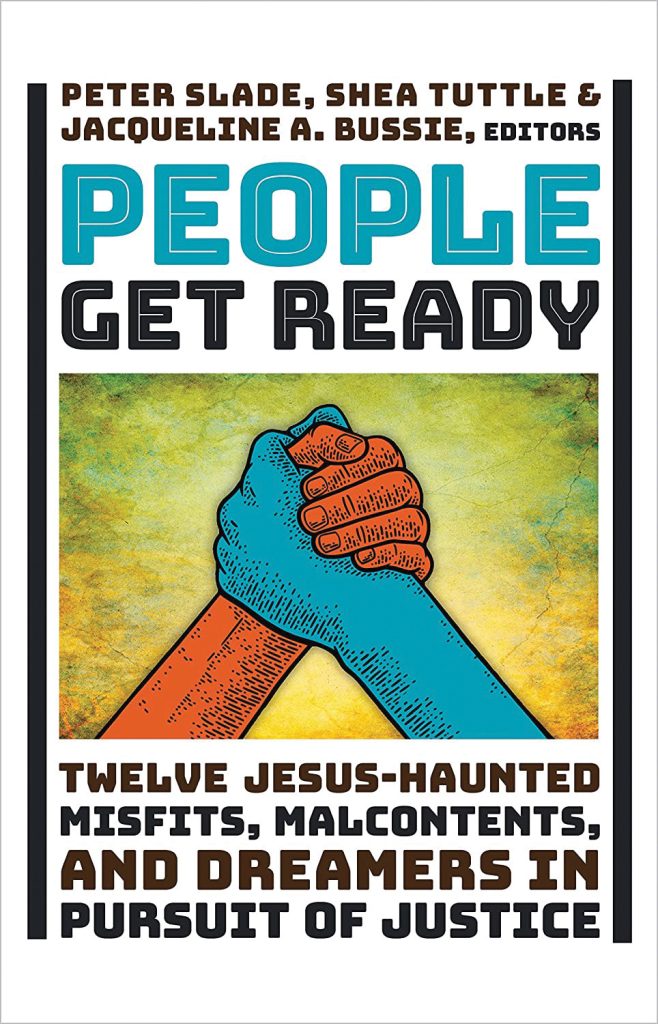
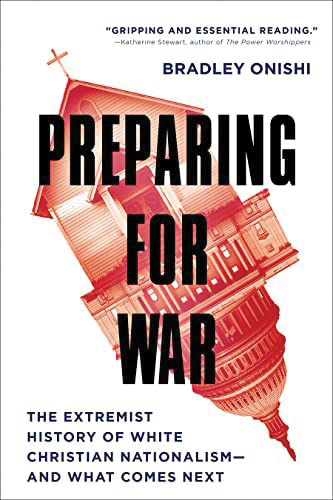
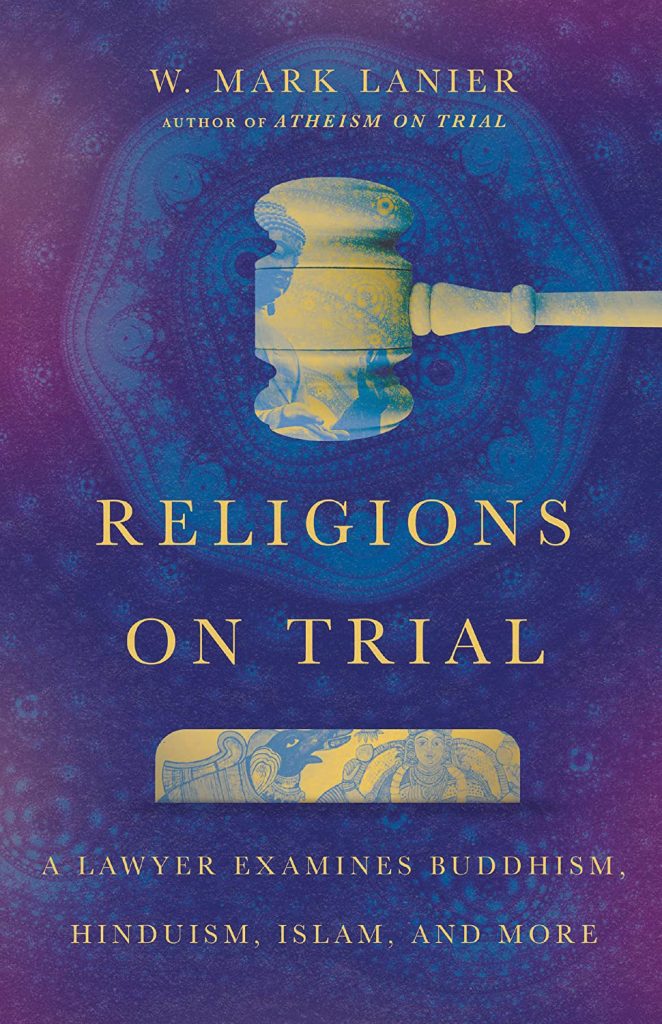











Add comment